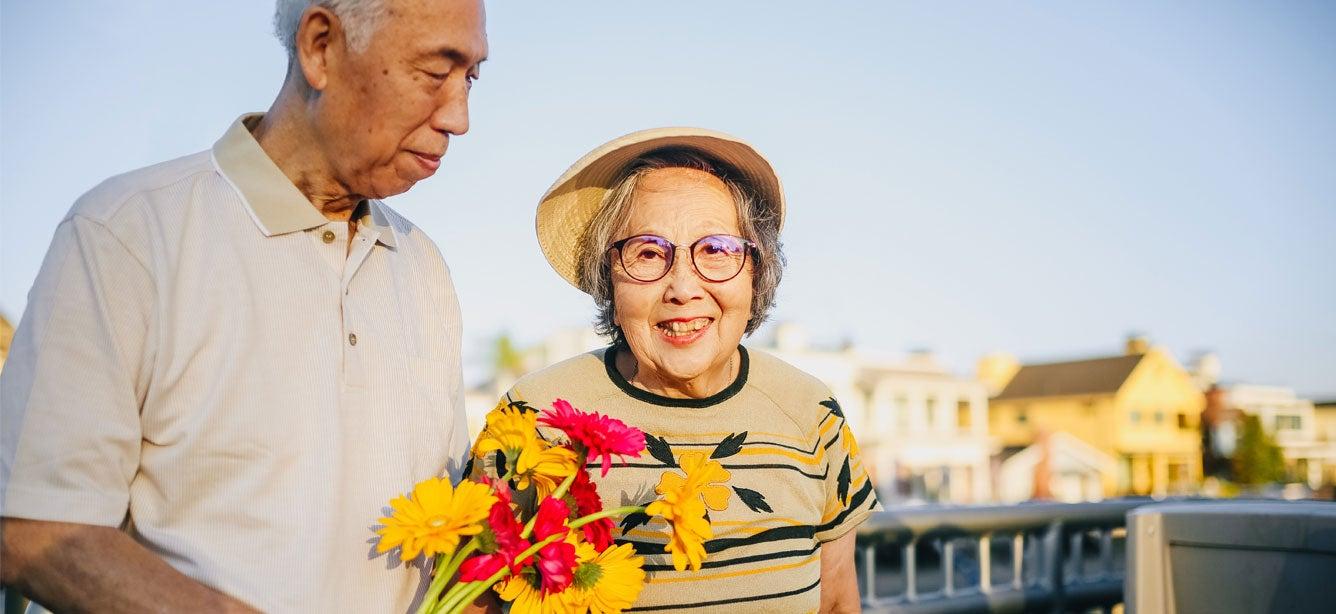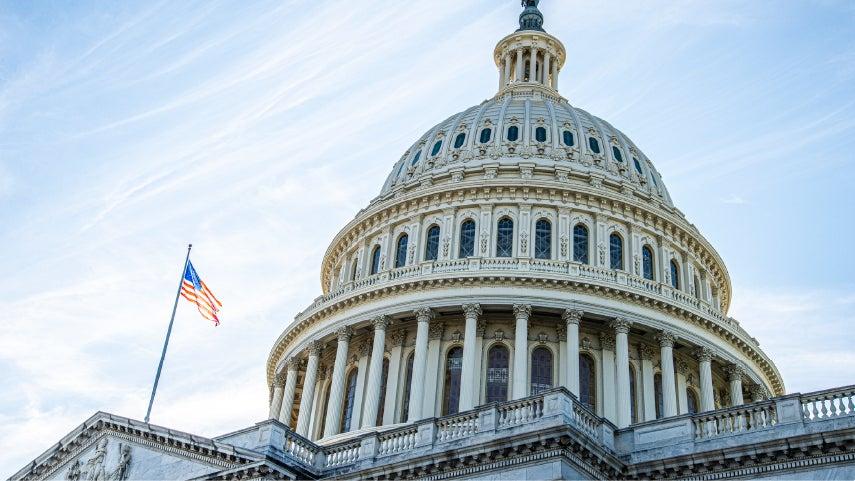
Now in its 60th year, the Older Americans Act (OAA) ensures a network of national, state, tribal, local, and community-based organizations can plan for and implement important programming to ensure all older Americans, especially the most vulnerable, can age well with health, dignity, and independence.
First enacted in 1965, the law establishes priorities and operations for key programs and services that help keep our nation's adults age 60 and older healthy and independent.
OAA has been updated several times through the “reauthorization” process, most recently in 2020. NCOA feels strongly about what should be in the next reauthorization.
Like NCOA's Policy Positions, these OAA reauthorization priorities provide a roadmap for our policy and advocacy efforts to advance NCOA’s commitment to improving the lives of 40 million older adults by 2030.
NCOA has a history of advancing reauthorization priorities as well as championing policy changes proposed by other leaders in the Aging Network.
NCOA's core Older Americans Act reauthorization priorities:
Healthy aging
Everyone deserves access to quality health care services that meet their needs. Many of these services can reduce or delay expensive hospital or nursing home admissions.
Congress and the administration must:
- Address lessons learned from the pandemic related to promoting equitable access to services, addressing diverse needs, and expanding virtual healthy aging programs.
- Enhance the use of OAA resources for home modification screenings and implementation.
- Update medication management screening and education language to more accurately reflect the role of the Aging Network, particularly related to vaccinations.
- Strengthen the authorizations for falls prevention, chronic disease self-management education, and direct care workforce training.
Economic security
In 2023, poverty among older adults rose for the third consecutive year. To make ends meet, many older adults work beyond their anticipated retirement or must return to work. Yet age discrimination continues to create barriers to employment and training assistance.
Congress and the administration must:
- Modernize and increase flexibility in the determination of economic need with proven tools such as the Elder Index to ensure the diverse experiences with financial security and local cost of living are addressed.
- Protect and strengthen the Senior Community Service Employment Program (SCSEP) to reflect current realities with updated eligibility for adults 50 years and older with incomes at or below 200% of the federal poverty level, promote benefit coordination and access to wrap-around services, and support innovation.
Senior centers
Senior centers play a crucial role in supporting communities and linking people with opportunities to age well and be socially connected. The coronavirus pandemic’s disproportionately harsh impact on older adults would have been even worse without the offerings of senior centers—many pivoted to offer meal delivery and online programs and outreach when gathering in person was not possible.
Congress and the administration must:
- Address lessons learned from the pandemic related to promoting equitable access to services, addressing diverse needs, and pursuing innovation in nutrition programs.
- Provide for flexibility in virtual senior center programming, while ensuring strong congregate settings in community (such as updated focal point language, and strengthening support for multipurpose senior center infrastructure and services).
- Strengthen the authorization for modernizing senior centers.




